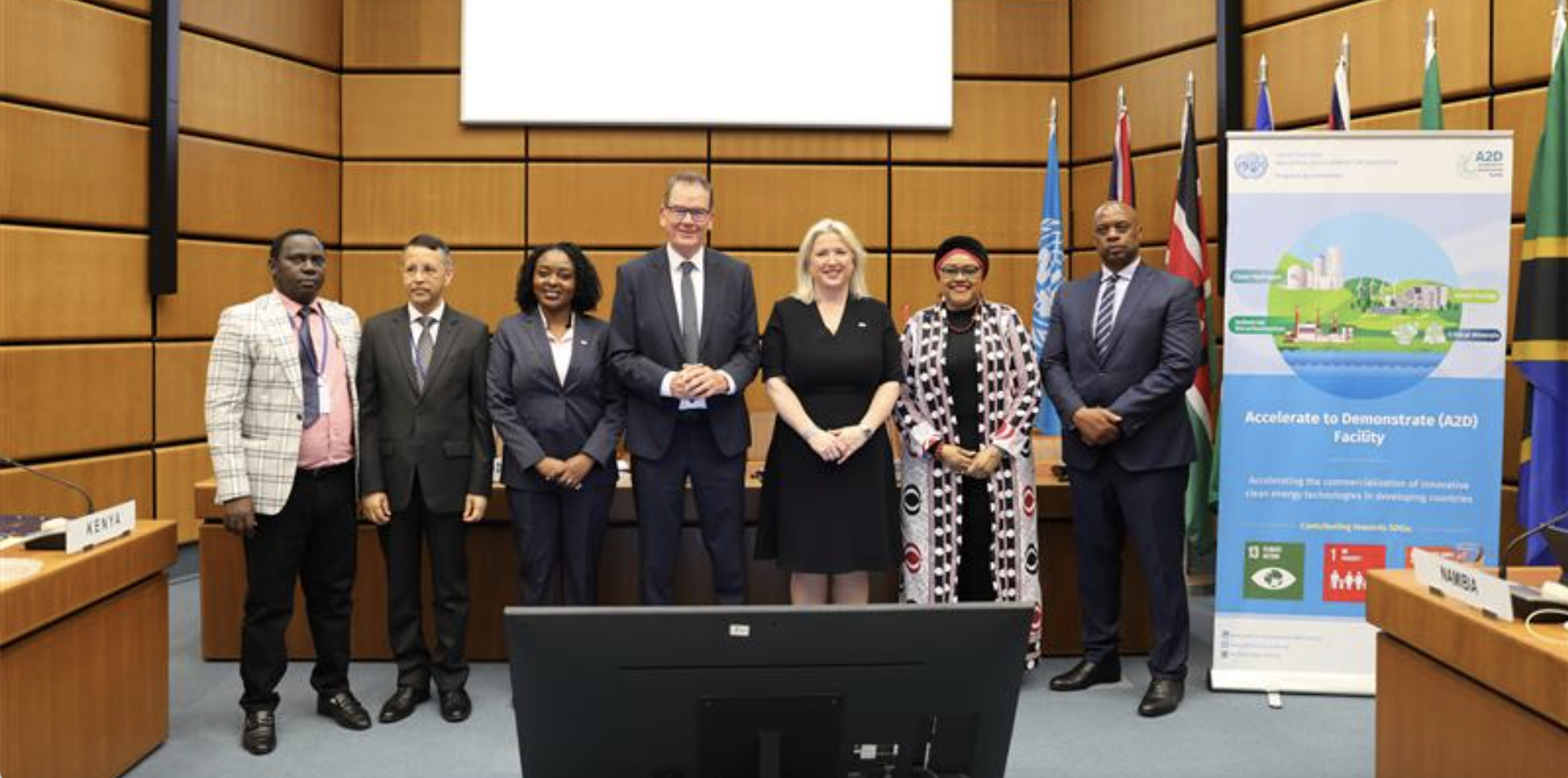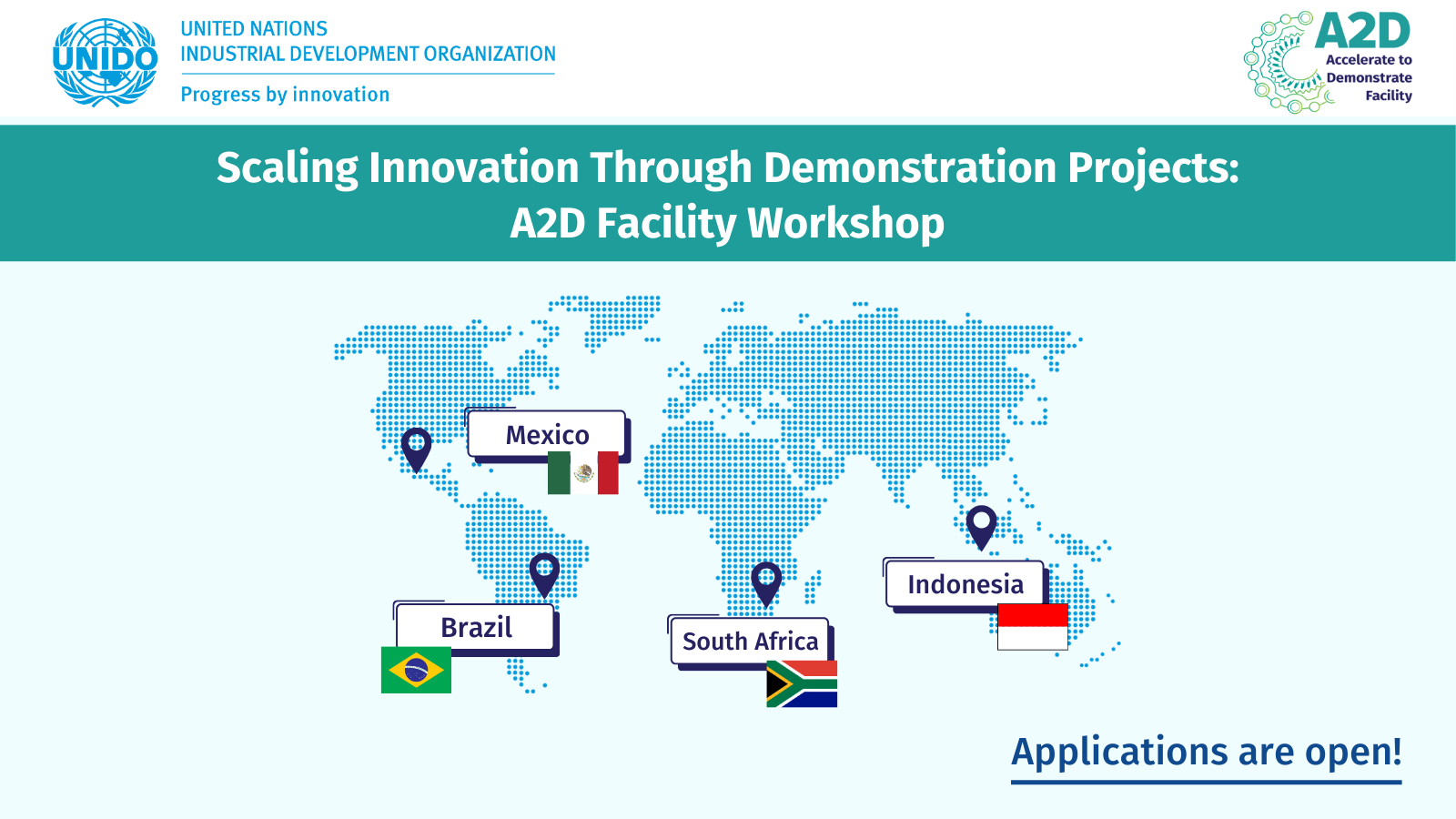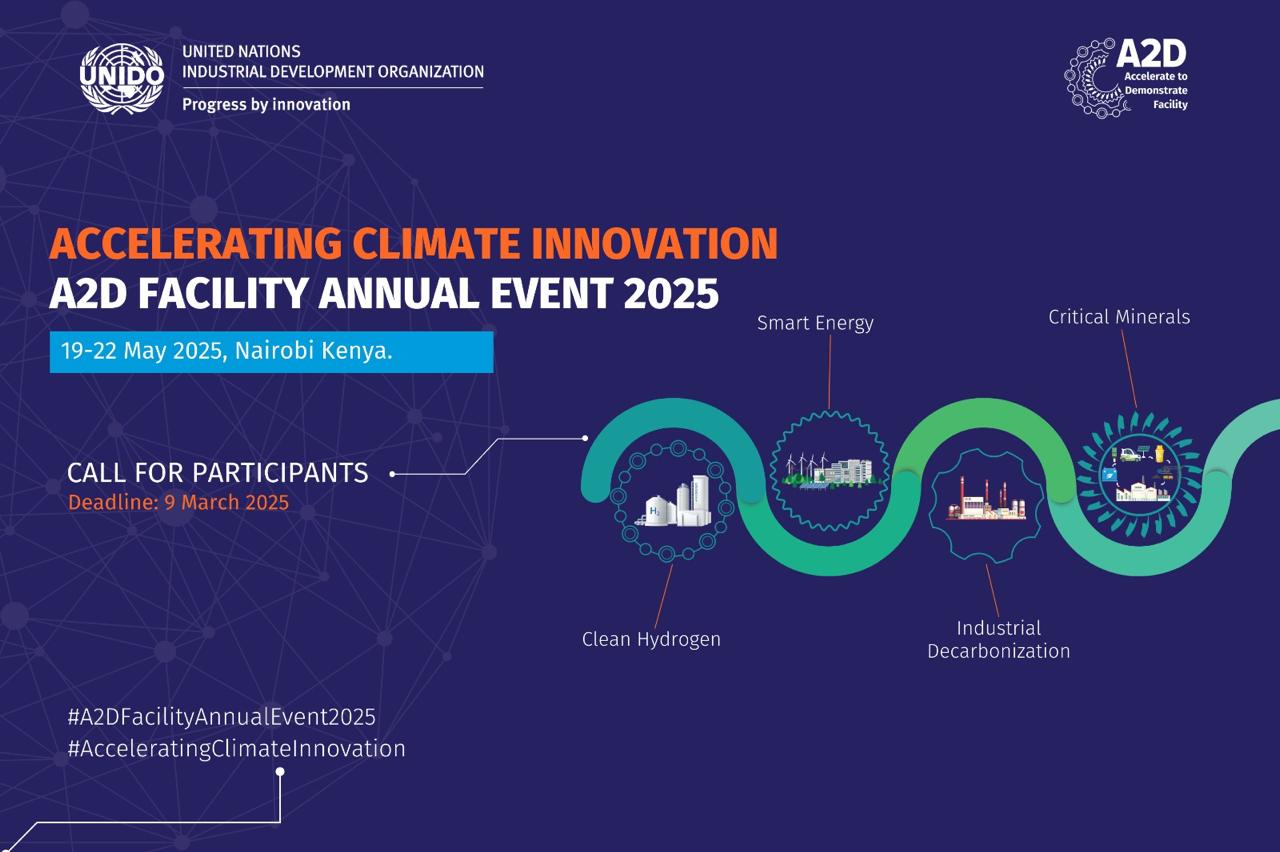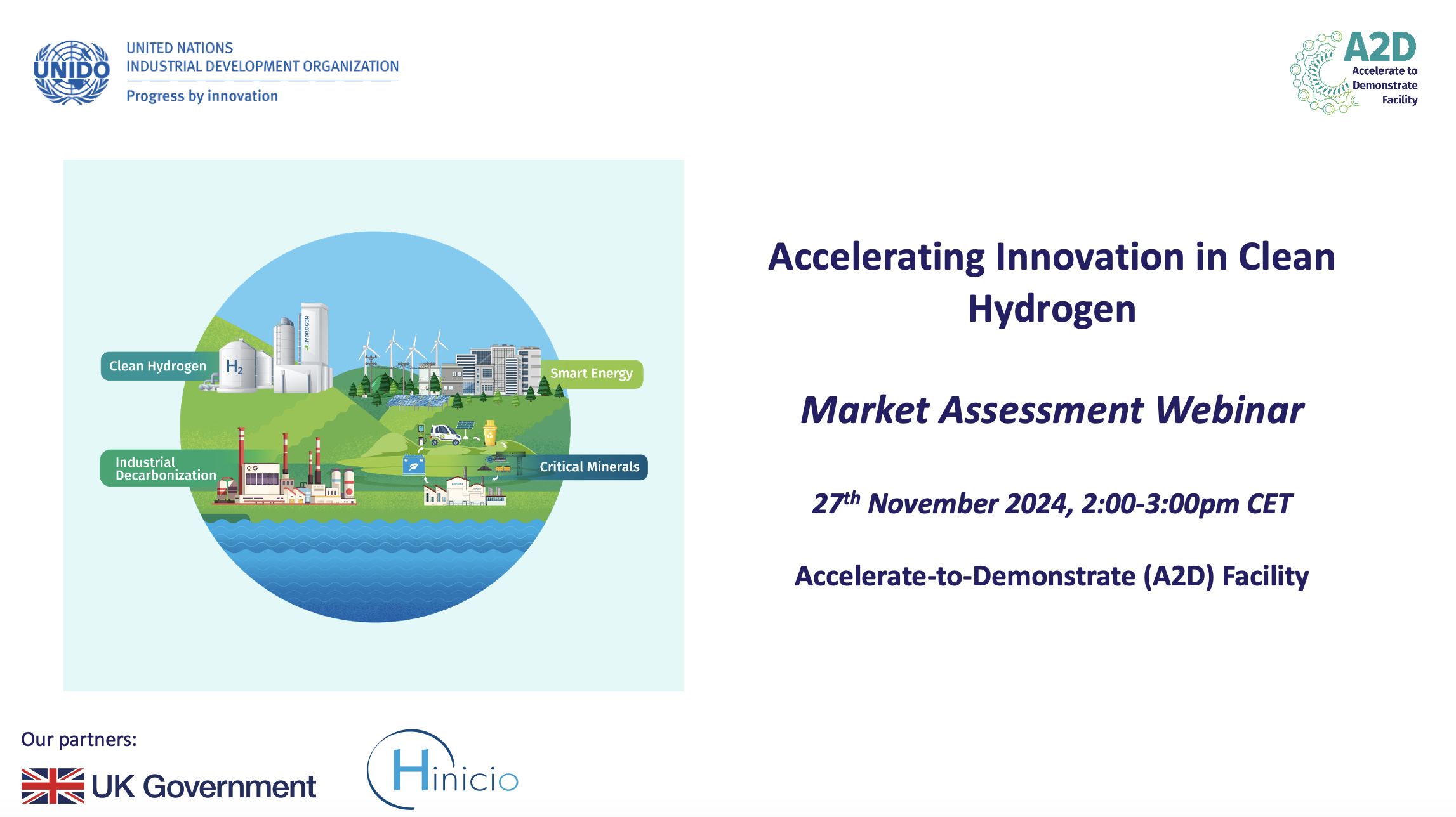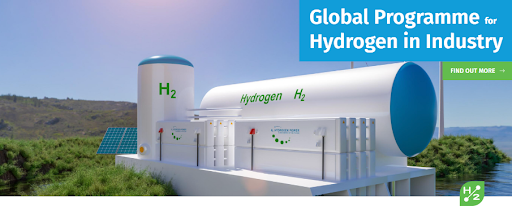Warning message
No emails will be sent.CLEAN HYDROGEN
Why is innovation in clean hydrogen in developing countries important?
Clean hydrogen, derived from renewable energy sources (green hydrogen) or natural gas with carbon capture (blue hydrogen), is one critical area for achieving global climate goals as a low-emission energy carrier. It offers a sustainable alternative to fossil fuels in transportation, industry, and power generation, enhancing energy security and reducing reliance on carbon-intensive fuels. Adopting innovative clean hydrogen solutions is an important part for mitigating climate change impacts in developing countries.
How does the A2D Facility contribute to addressing challenges in clean hydrogen?
- Supports pilot demonstration projects in developing countries to accelerate the clean hydrogen transition.
- Tests innovative production methods, validating efficiency and feasibility in real-world applications.
- Facilitates the scaling up of clean hydrogen technologies.
- Utilizes grant funding and knowledge sharing to maximize clean hydrogen's potential.
UNIDO Initiatives
Unido's wider work
UNIDO champions green hydrogen for a sustainable energy future, recognising its crucial role in decarbonizing industries. Through international cooperation, policy advice, technology transfer, and capacity-building, UNIDO promotes green hydrogen technologies. In 2021, UNIDO launched the “Global Programme for Hydrogen in Industry.” This programme assists developing countries in overcoming barriers, fostering a just hydrogen transition that prioritises social and environmental aspects. Key elements include promoting tangible projects, such as GH2 Clusters, to accelerate local green hydrogen adoption in hard-to-abate industries. UNIDO focuses on policies, standards, financial instruments, skills, innovation, and coordination to drive a sustainable hydrogen economy. In February 2024, the Global Environment Facility (GEF) approved the UNIDO Global Clean Hydrogen Programme, a five-year initiative targeting national clean hydrogen projects in eight countries (Algeria, Egypt, Ecuador, Malaysia, Namibia, Nigeria, the Philippines, and South Africa) and establishing a global knowledge exchange platform. The expansion of cooperation to additional countries underscores UNIDO’s dedication to advancing sustainable hydrogen solutions worldwide.


